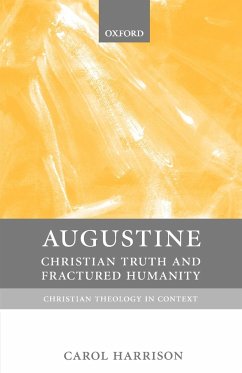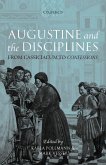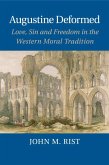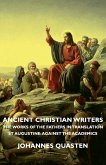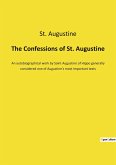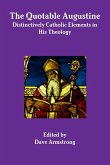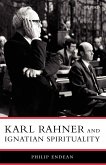St. Augustine, the North African bishop of Hippo (AD 354-430), has been much studied. But there has been no systematic attempt to consider the context which shaped his life and thought. Augustine's long and controversial career and his vast literary output provide unrivalled evidence for understanding the diverse ways in which Christianity confronted, assimilated, and finally transformed the traditional society of late antiquity. This book sets Augustine in his cultural and social context showing how, as a Christian, he came to terms with the philosophical and rhetorical ideals of classical culture, and, as a bishop, with the ecclesiastical, ascetic, and political structures of late antique society. According to Augustine, the Fall of man and Original sin fracture and vitiate mankind's ability to know or to will the good. This is revealed as the keystone of his theology, effecting a decisive break with classical ideals of perfection and shaping the distinctive theology of Western Christendom.
This book is the first systematic attempt to consider the social and cultural context that shaped the life and thought of Augustine. Carol Harrison shows how his beliefs in both Christian truth and human fallenness effected a decisive break with classical ideals of perfection and shaped the distinctive theology of Western Christiandom.
Hinweis: Dieser Artikel kann nur an eine deutsche Lieferadresse ausgeliefert werden.
This book is the first systematic attempt to consider the social and cultural context that shaped the life and thought of Augustine. Carol Harrison shows how his beliefs in both Christian truth and human fallenness effected a decisive break with classical ideals of perfection and shaped the distinctive theology of Western Christiandom.
Hinweis: Dieser Artikel kann nur an eine deutsche Lieferadresse ausgeliefert werden.

